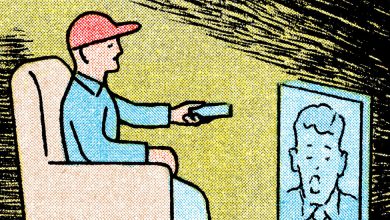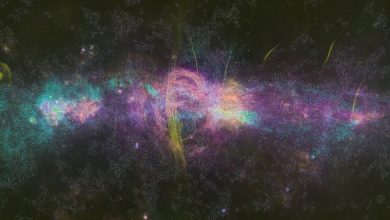If A.I. Takes All Our Jobs, Will It Also Take Our Purpose?

What would life be like if artificial intelligence solved all your problems? You wouldn’t have to work anymore. You could get any luxury you wanted by raising an eyebrow. Feelings of pleasure would wash over you constantly. Death would become almost optional because you could take on digital form and keep going for a billion years.
It sounds awful to me.
We human beings dislike our problems, naturally, but if we had no problems to solve, what meaning would life have? How long would we be happy sitting on top of our big rock candy mountains? For me, one long weekend would about do it. A billion years of perfect happiness would be perfect misery.
Nick Bostrom, a philosophy professor at Oxford, wrestles with this question in a fascinating book that was published on March 27, “Deep Utopia: Life and Meaning in a Solved World.” Solved here means solved the way the game of tic-tac-toe has been solved: If you move first, there is no reason you should ever lose.
A lot has changed in A.I. in the 10 years since Bostrom’s last book on the topic, “Superintelligence: Paths, Dangers, Strategies.” A.I. is folding proteins, generating art and blowing minds. The idea that it will change the world has gone from a nerdy obsession to conventional wisdom.
What we still don’t know is how A.I. will change the world. It could enslave or kill us all. But for “Deep Utopia,” Bostrom smartly chose to imagine the opposite: That A.I. does exactly what we ask it to do.
It’s not a pretty picture. “Basically,” he writes, “we’re unfit to inhabit a perfect world.”
People could still “work” at “jobs” in “offices” even if A.I. becomes able to do everything better than people can — a scenario examined by the economist Pascual Restrepo of Boston University in one of my newsletters last month. But the jobs will really be more like harmless hobbies, Bostrom writes.





